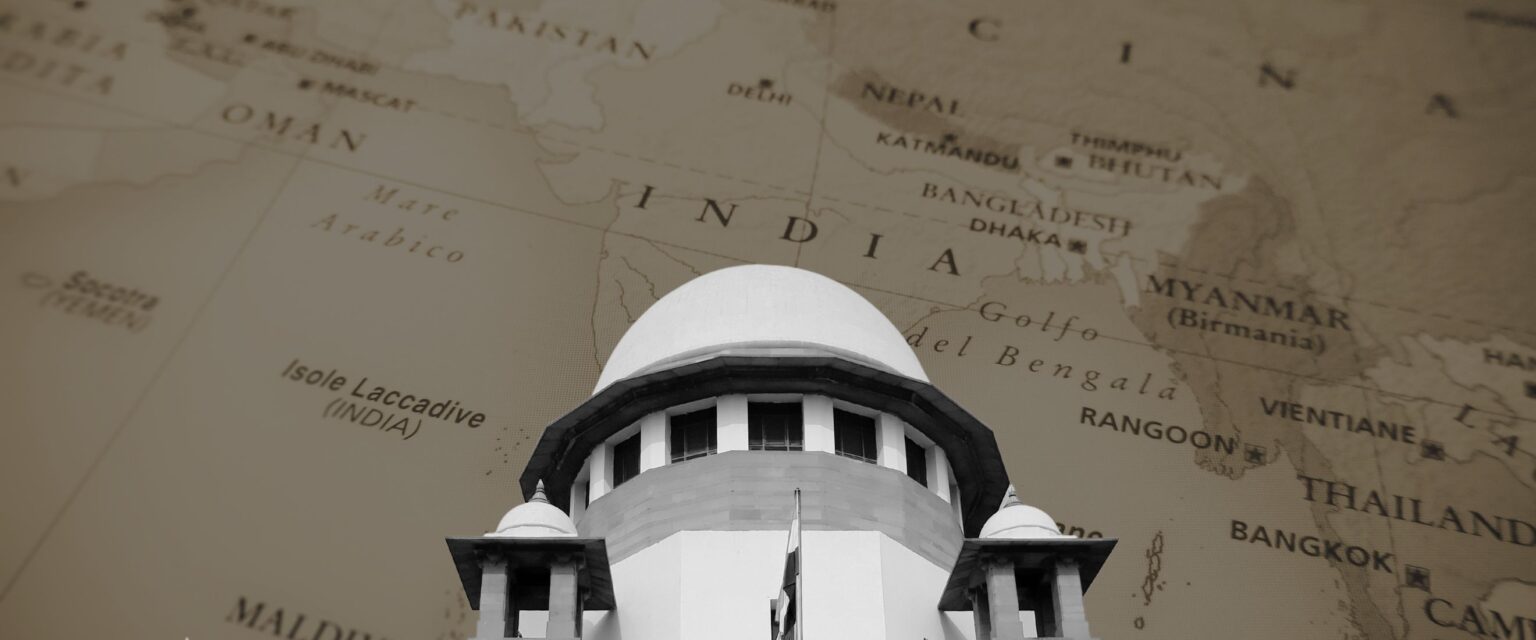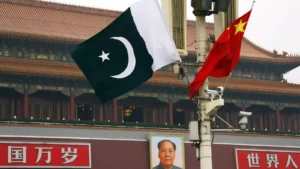The government of Indian Prime Minister, Narendra Modi, made a historic decision in August 2019 by withdrawing the special status provided to Indian-occupied Jammu & Kashmir (J&K) under Article 370. The recent verdict by India’s Supreme Court to maintain this move has far-reaching repercussions, both within India and outside of it. As a judicial precedence, the verdict has exposed the judiciary’s weakness and inefficacy in protecting and upholding federalism.
Setback for Kashmiri Autonomy
This ruling is a big blow for Kashmiri political factions because it takes away the region’s autonomy. J&K has long been a source of contention between India and Pakistan, with both countries claiming ownership of the disputed area. The repeal of Article 370 not only increased tensions between two nuclear-armed neighbors but also prompted concerns about the impact on the region’s already vulnerable human rights situation. Many Kashmiris saw this move as an annexation, claiming that it was made to alter the region’s demographics. Fears of losing land and jobs spread beyond the majority Muslim population to minority Buddhist populations, who had initially welcomed the abrogation.
The reactions from the political spectrum in J&K have been swift and unanimous.
Leaders from various political groups, including the All Parties Hurriyat Conference, have rejected the Indian Supreme Court’s verdict, emphasizing their commitment to continuing the struggle for the right to self-determination, as granted by the resolutions of the United Nations Security Council. The sentiment on the ground reflects a profound sense of betrayal among those who had, at the time of partition, placed faith in promises and assurances given by Indian leadership.
The international community’s reaction, or lack thereof, to the deteriorating human rights situation in J&K continues to be a source of worry. The silence on the terrible conditions and persecution of the Kashmiri people’s political, social, cultural, and religious rights has been deafening.
Judicial Implications for India
The Indian Supreme Court’s assertion that not every decision by the Union Government can be challenged raises questions about the checks and balances within India’s democratic framework. This notion, when endorsed by the highest court, diminishes the role of citizens expecting the judiciary to act as a check on the Government’s power. The ruling also leaves the door open for potential changes to India’s federal structure, challenging the core principle that India is a union of states.
Based on the solicitor general’s assurance of eventual restoration of statehood, the court’s decision to keep open the question of whether parliament can turn a state into a union territory adds ambiguity to the future of J&K’s constitutional status.
The court’s order to postpone elections until 2024 significantly slows the democratic process and weakens the foundations of representative governance. Justice Sanjay Kishen Kaul’s request for a ‘truth and reconciliation committee’ to probe human rights breaches dating back to the 1980s emphasizes the critical need for accountability and justice.
As the world observes the impact of Modi’s decision and the top court’s verdict to defend that decision, there is a collective responsibility to advocate for human rights and democratic norms. The international community must utilize its influence to guarantee that the Kashmiri people’s genuine aspirations for self-determination and a just political future are not thwarted.
Your go-to editorial hub for insightful perspectives and informed analysis on pressing policy issues, both regionally and globally




